When are the February rail strikes? RMT and Aslef members to walk out
Following a month of strikes in December that brought much of the UK to a halt, Britain’s “winter of discontent” has continued into the new year.
Train drivers’ union Aslef on Tuesday, January 17 rejected a pay offer and announced two more strike dates.
Furthermore, the Rail, Maritime, and Transport (RMT) union has announced that its members will also strike on two days in February.
Find out below when rail workers are striking.
When are the next rail strikes?
Aslef union members said its members would walk out on Wednesday, February 1, and Friday, February 3. It rejected an offer of about four per cent a year for two years on behalf of 15 train firms.
RMT members will also strike on February 1 and 3.
The companies affected include some of London’s busiest commuter routes, including Thameslink, Southeastern and Southern.
January Rail Strike - In pictures
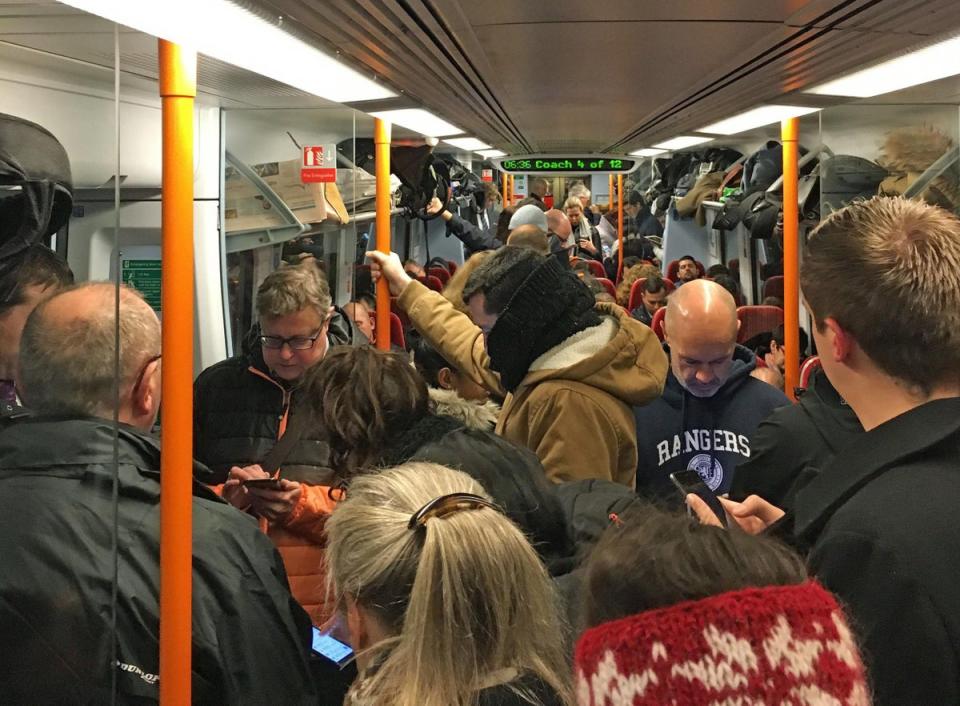
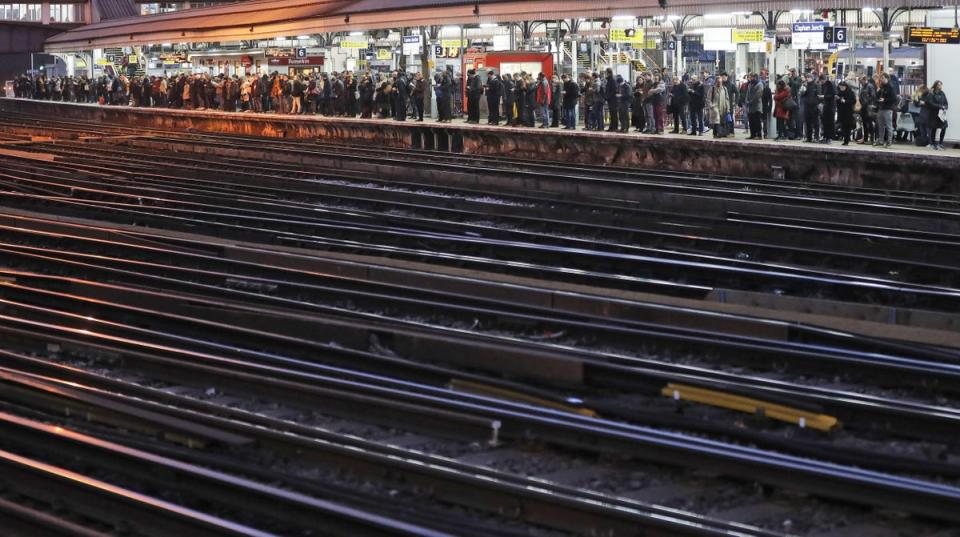
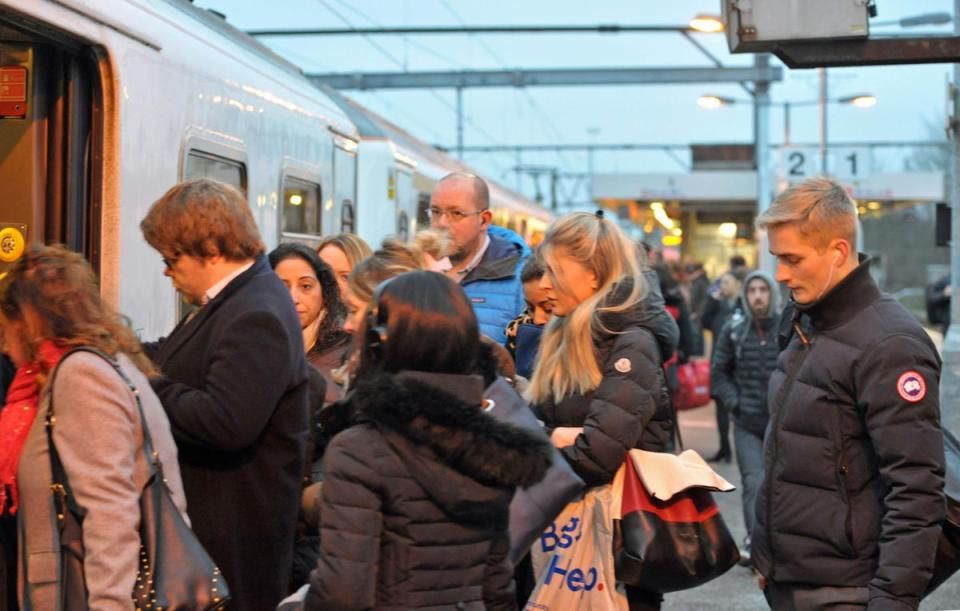
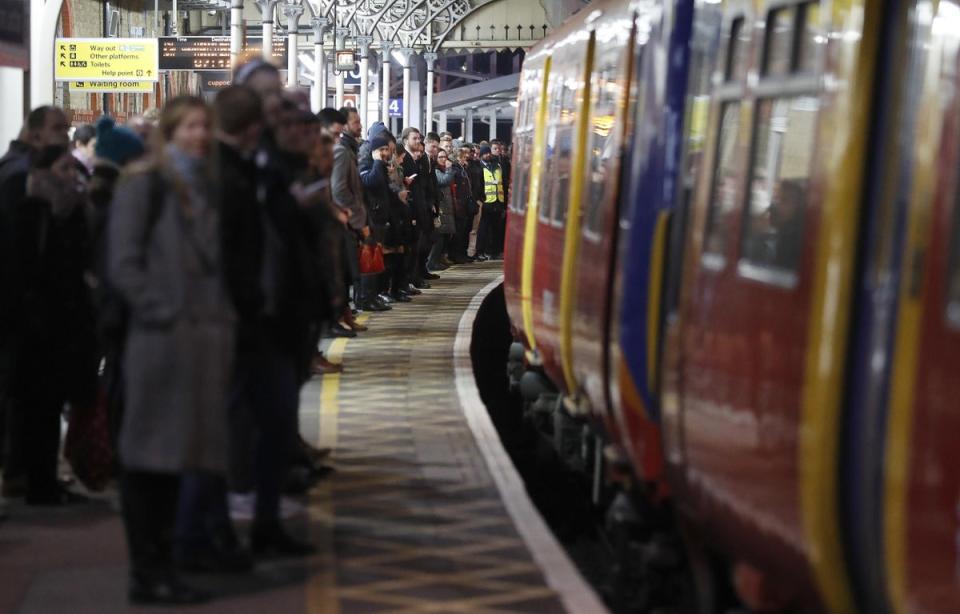
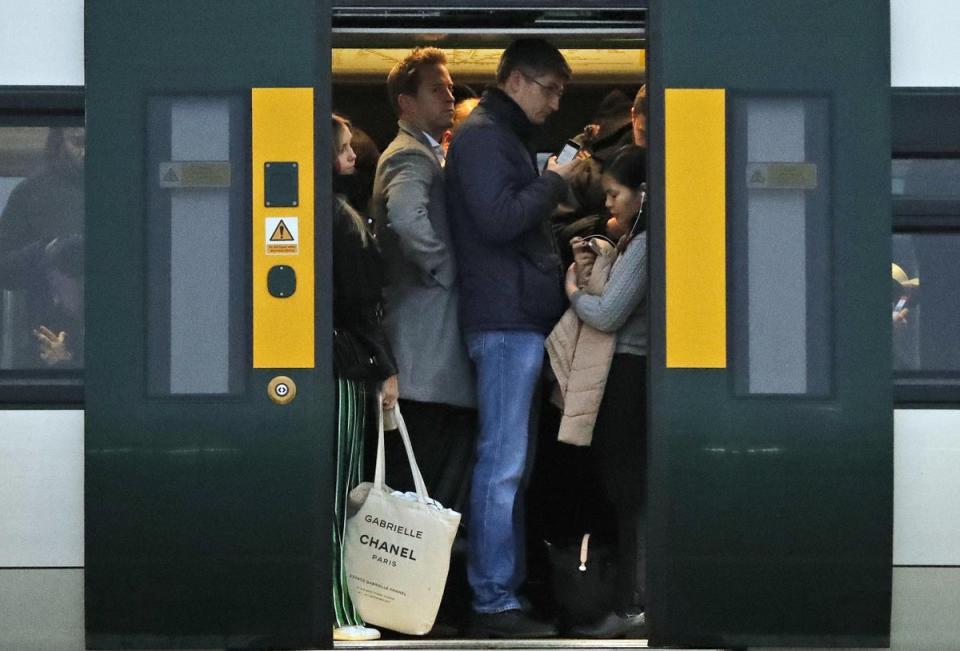
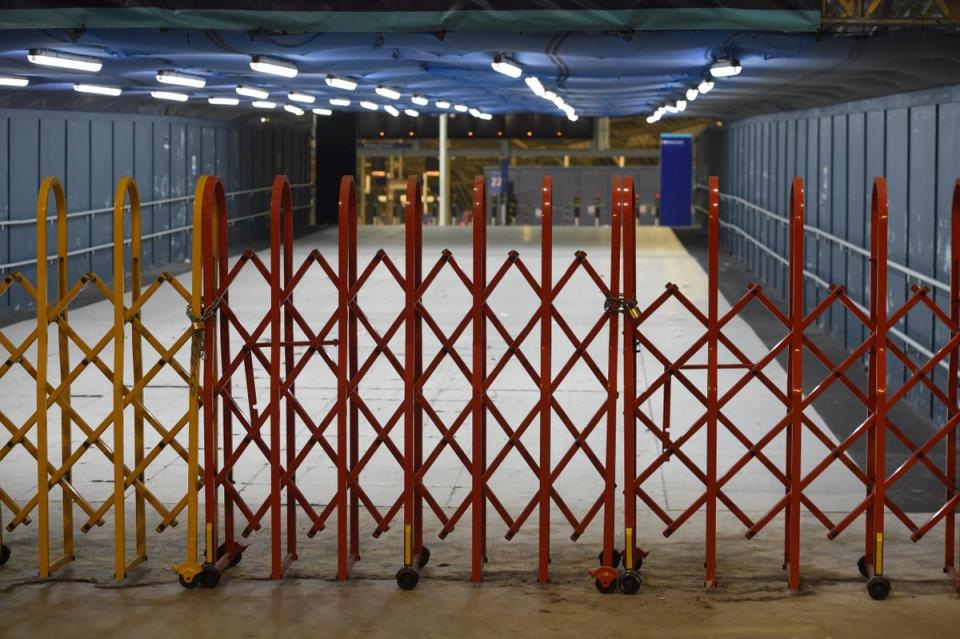
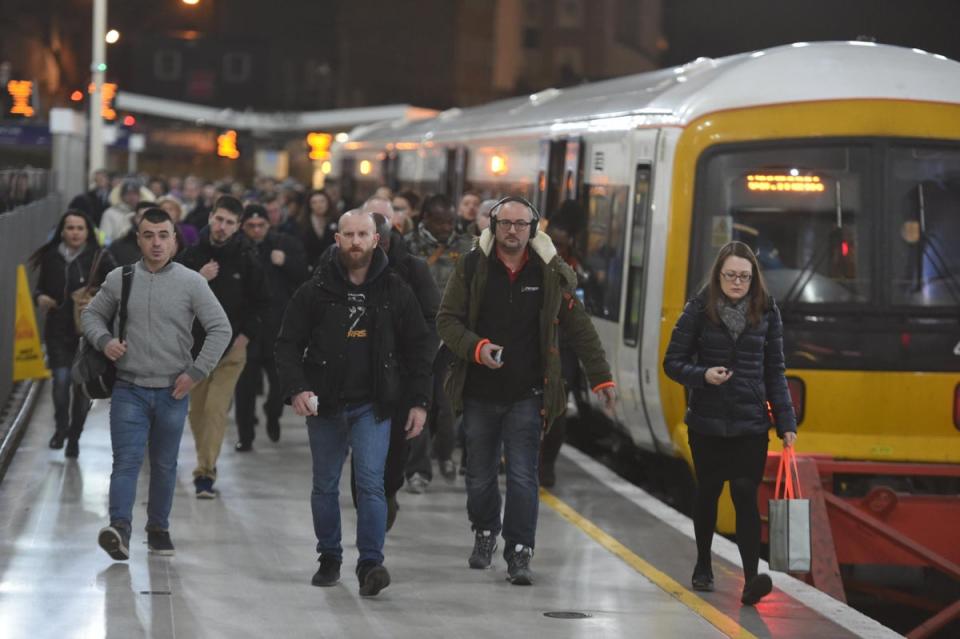
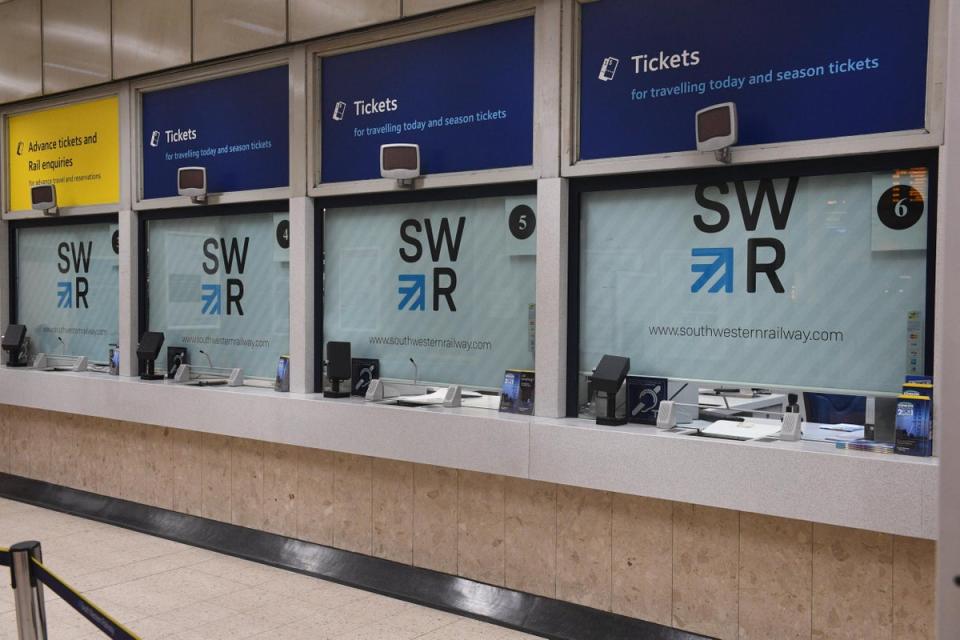
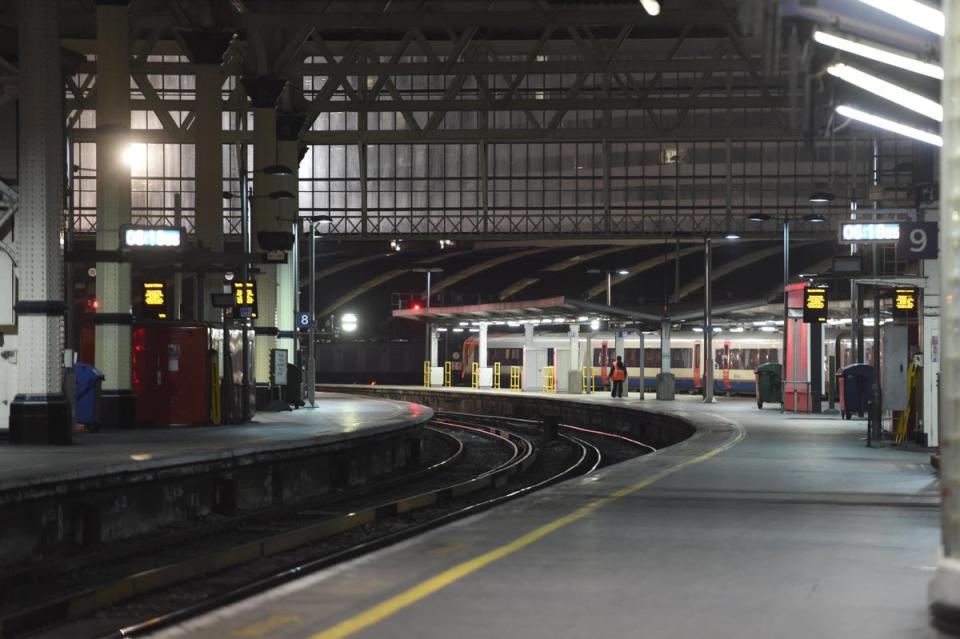
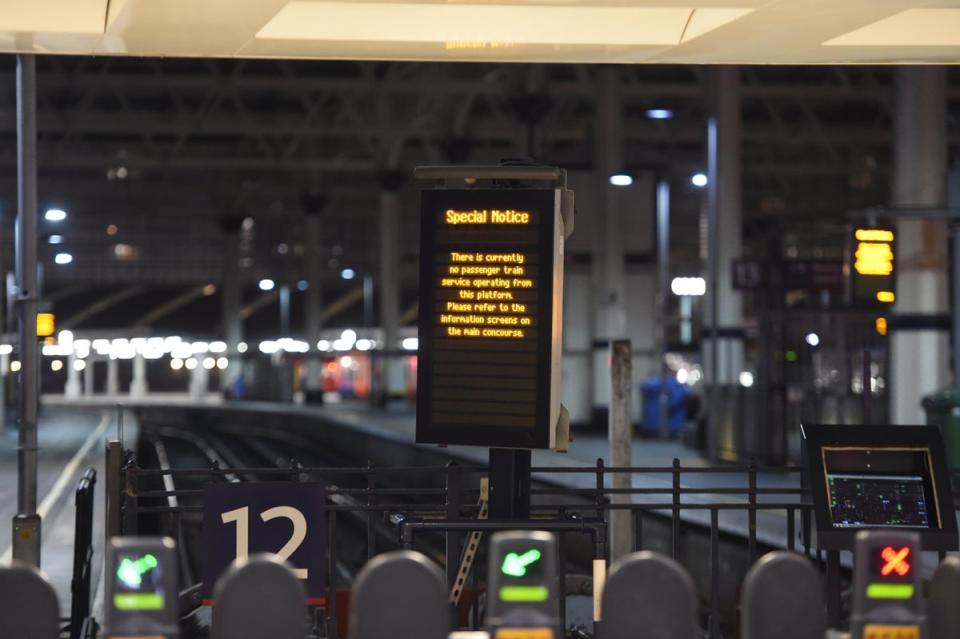
The strikes will also affect Avanti West Coast, Chiltern Railways, Great Western Railway, Greater Anglia, Great Northern, London North Eastern Railway, and Gatwick Express, among other train companies.
There will probably be no trains on either day, and each strike day’s morning commute will likely be affected.
Those with tickets for between February 1 and 3 can use them the day before the ticket date, or up to and including Tuesday, February 7.
Passengers with advance, anytime or off-peak tickets for travel on strike days can also have their ticket refunded with no fee if the train they have booked is cancelled, delayed or rescheduled.
Why are union members striking?
They are striking in a dispute over pay, jobs, and working conditions.
“The proposal is not and could not ever be acceptable but we are willing to engage in further discussions within the process that we previously agreed,” Mick Whelan, general secretary of Aslef, said on January 17.
“Not only is the offer a real-terms pay cut, with inflation running north of 10 per cent, but it came with so many conditions attached that it was clearly unacceptable.”
RMT general secretary Mick Lynch said: “Our negotiations will continue with the rail operators to create a package on jobs, conditions and pay that can be offered to our members.”

 Yahoo Sport
Yahoo Sport 





































